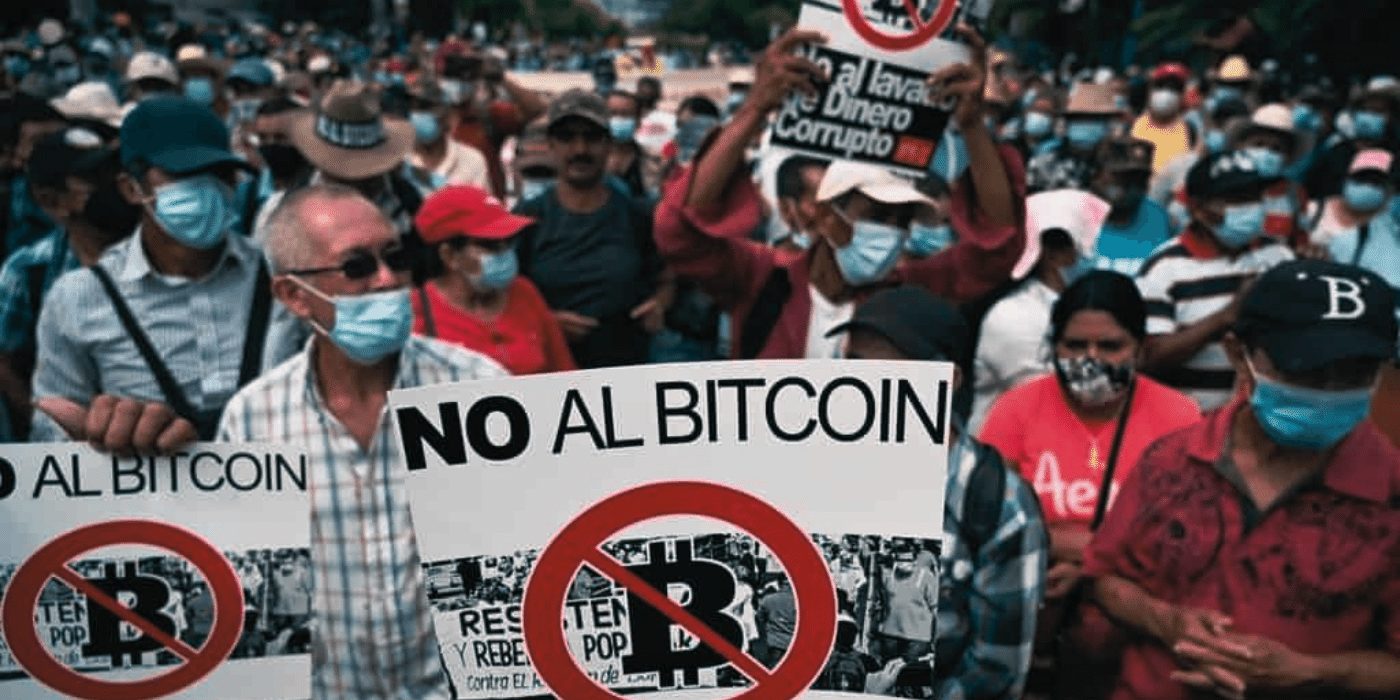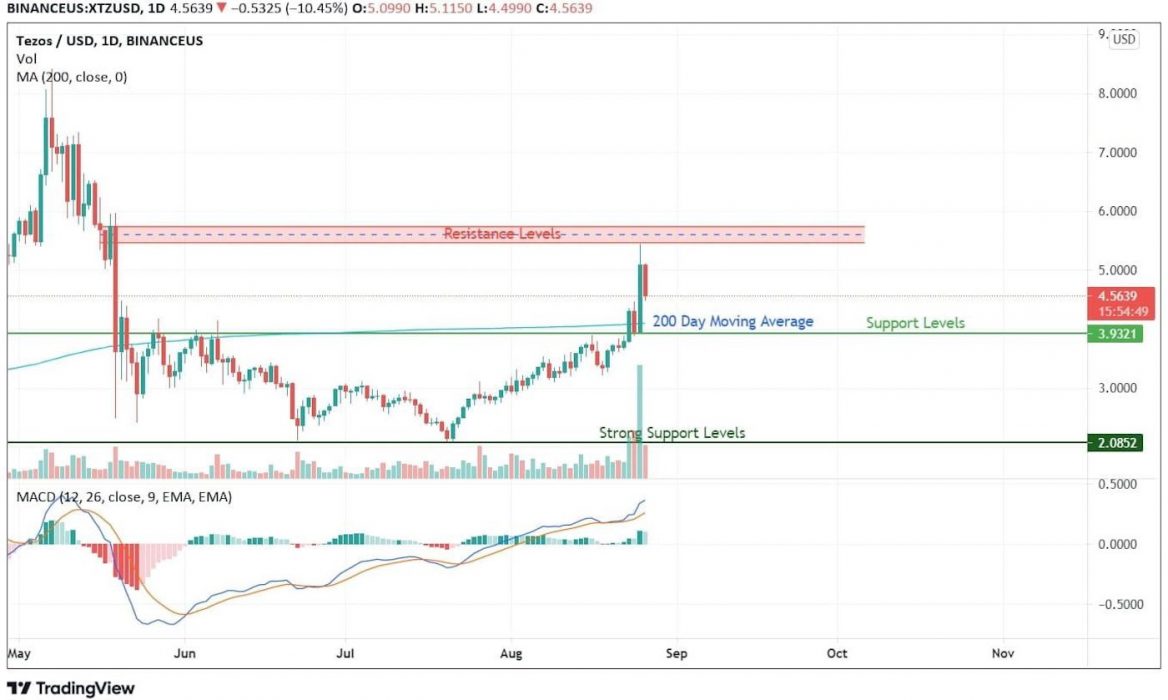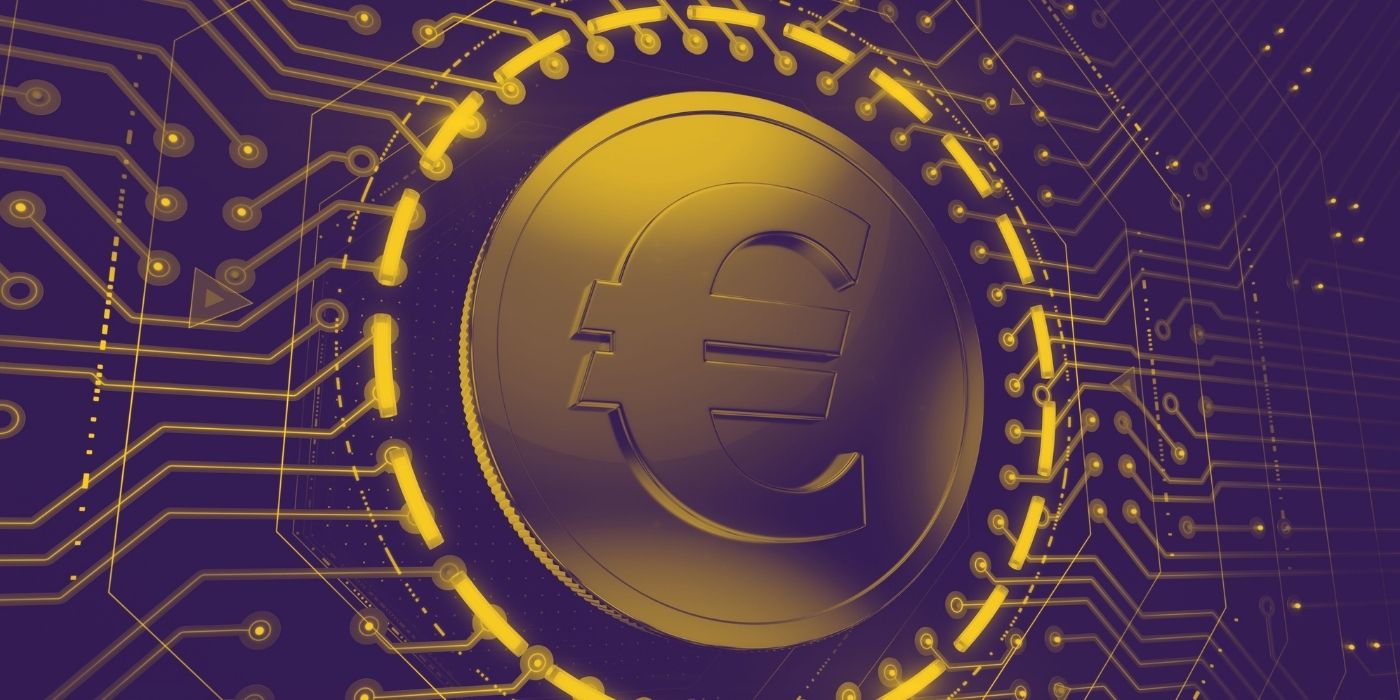The Central Bank of Nigeria (CBN) is set to release its official digital “Speed Wallet” to facilitate next month’s launch of the e-Naira, the central bank digital currency (CBDC).
The Nigerian apex bank has been researching CBDCs since 2017 and recently revealed it has contracted fintech company Bitt Inc as a technical partner overseeing the development of the planned digital currency.
Speed Wallet Will Aid in Transacting Digital Value
According to the CBN, Speed Wallet will not compete with or replace banks in the country. However, it will be primarily used to transact value in the soon-to-be-launched e-Naira until the existing financial institutions in Nigeria establish their own compatible wallets. No transaction fee will be charged for the wallet users.
However, the central bank has placed daily transfer limits to the three tiers of accounts available with the Speed Wallet:
- A 50,000 Naira (US$100) limit for first-tier users without a local bank account;
- About 200,000 Naira (US$400) for second-tier users; and
- And 1,000,000 Naira (US$2,000) for third-tier wallet users.
The Nigerian digital currency is scheduled to launch on October 1 to commemorate the African nation’s Independence Day. The e-Naira is being designed as a non-interest-bearing asset and will function as legal tender.
Among other features, the e-Naira will enable increased cross-border trade, cheaper and faster remittances, monetary policy effectiveness and accelerated financial inclusion, according to the central bank.
In its August 30 press release, the CBN confirmed it is working with Barbados-based blockchain startup Bitt Inc to oversee the introduction of the e-Naira.
In choosing Bitt Inc, the CBN will rely on the company’s tested and proven digital currency experience, which is already in circulation in several eastern Caribbean countries.
CBN press release
Crypto Adoption in Nigeria on the Rise
In February, the CBN published a circular prohibiting local banking institutions from dealing or serving crypto-related companies in the country. This hit the Nigerian crypto market at the time, as both home and foreign companies operating in the country were affected.
However, due to the quest to hedge against the declining value of the Naira, Nigerians switched to a peer-to-peer market. Since the ban, more Nigerians have got to learn about and join the cryptocurrency market, which coincides with the growing rate of crypto adoption in the nation.














